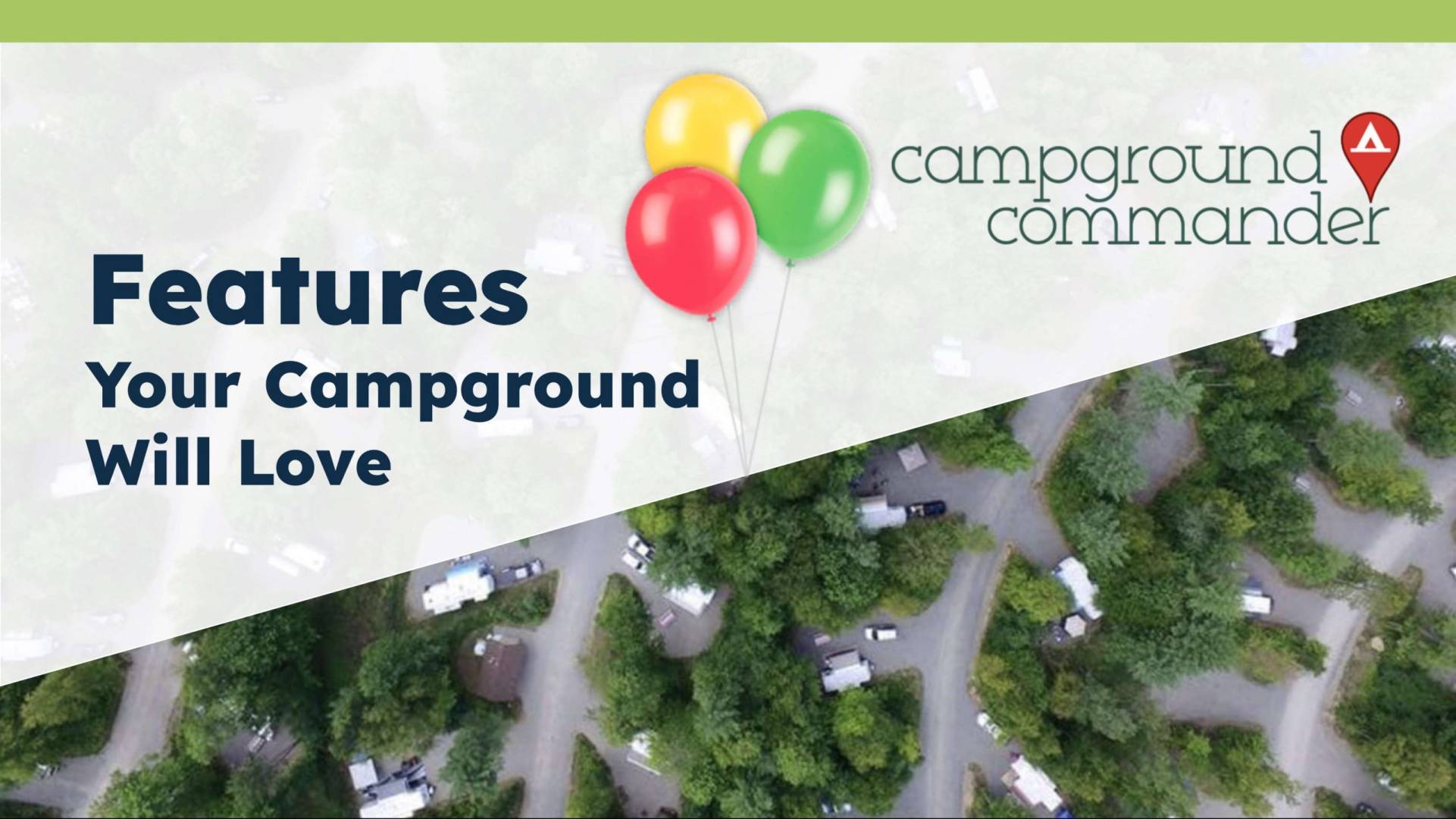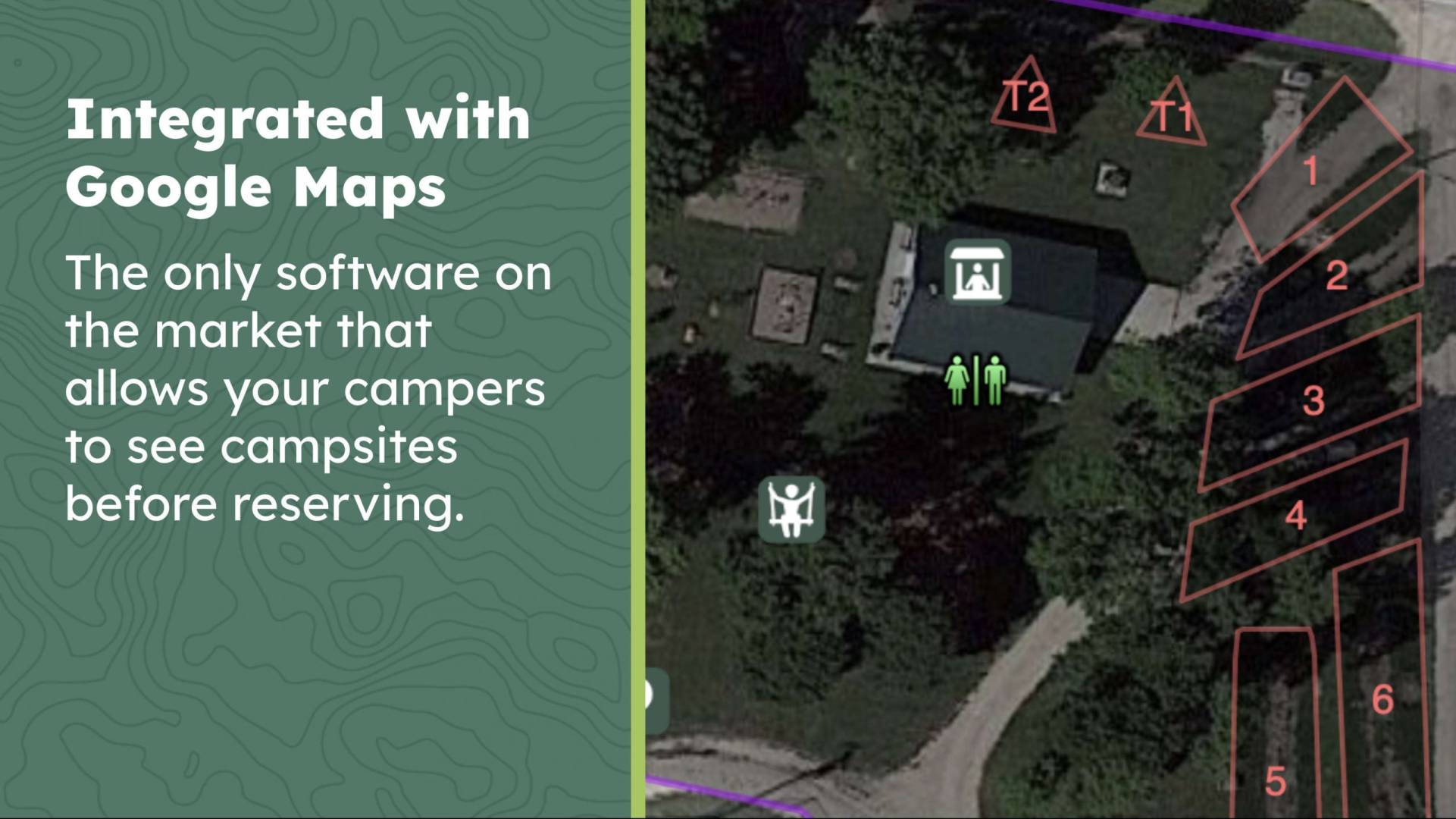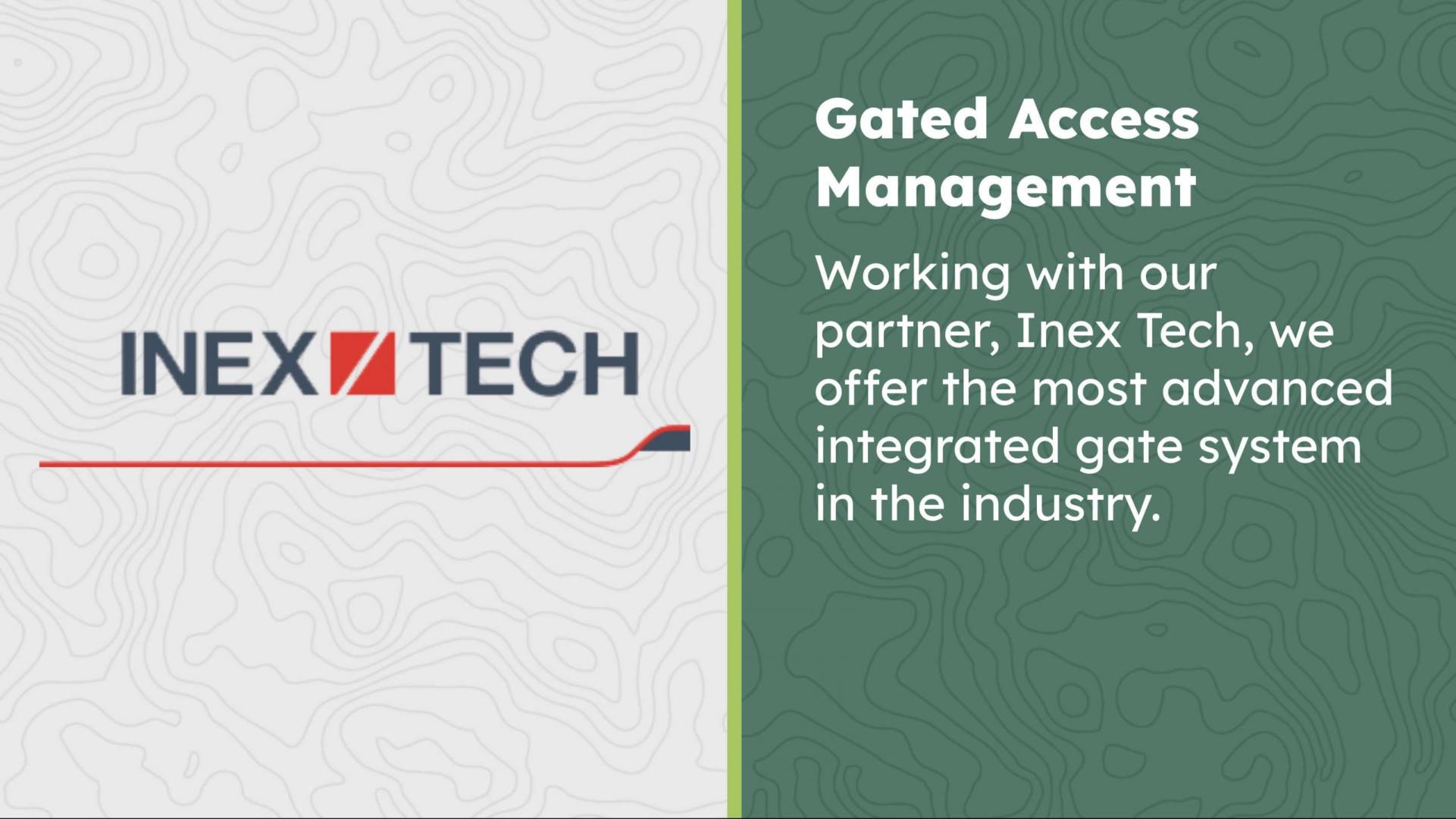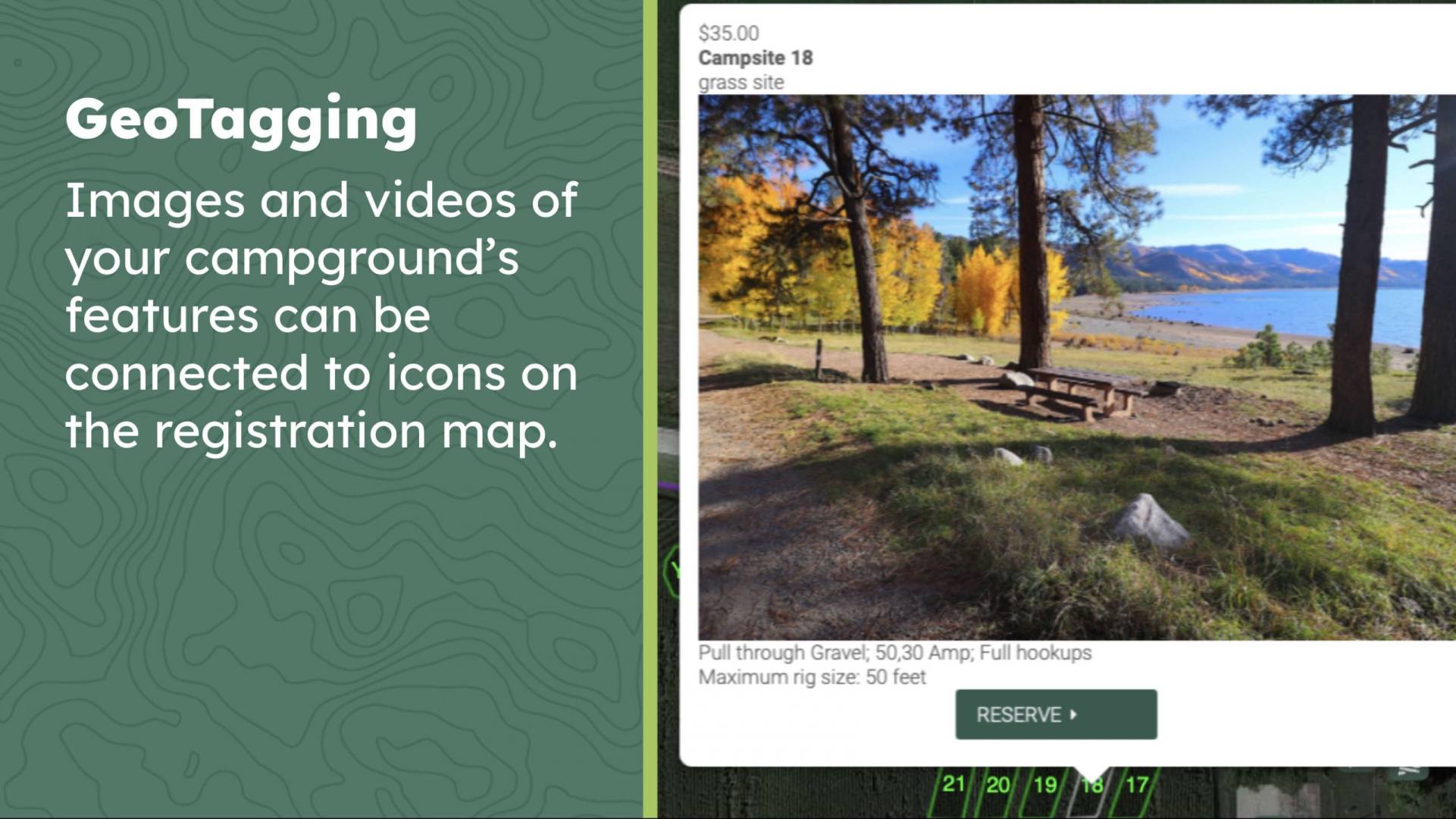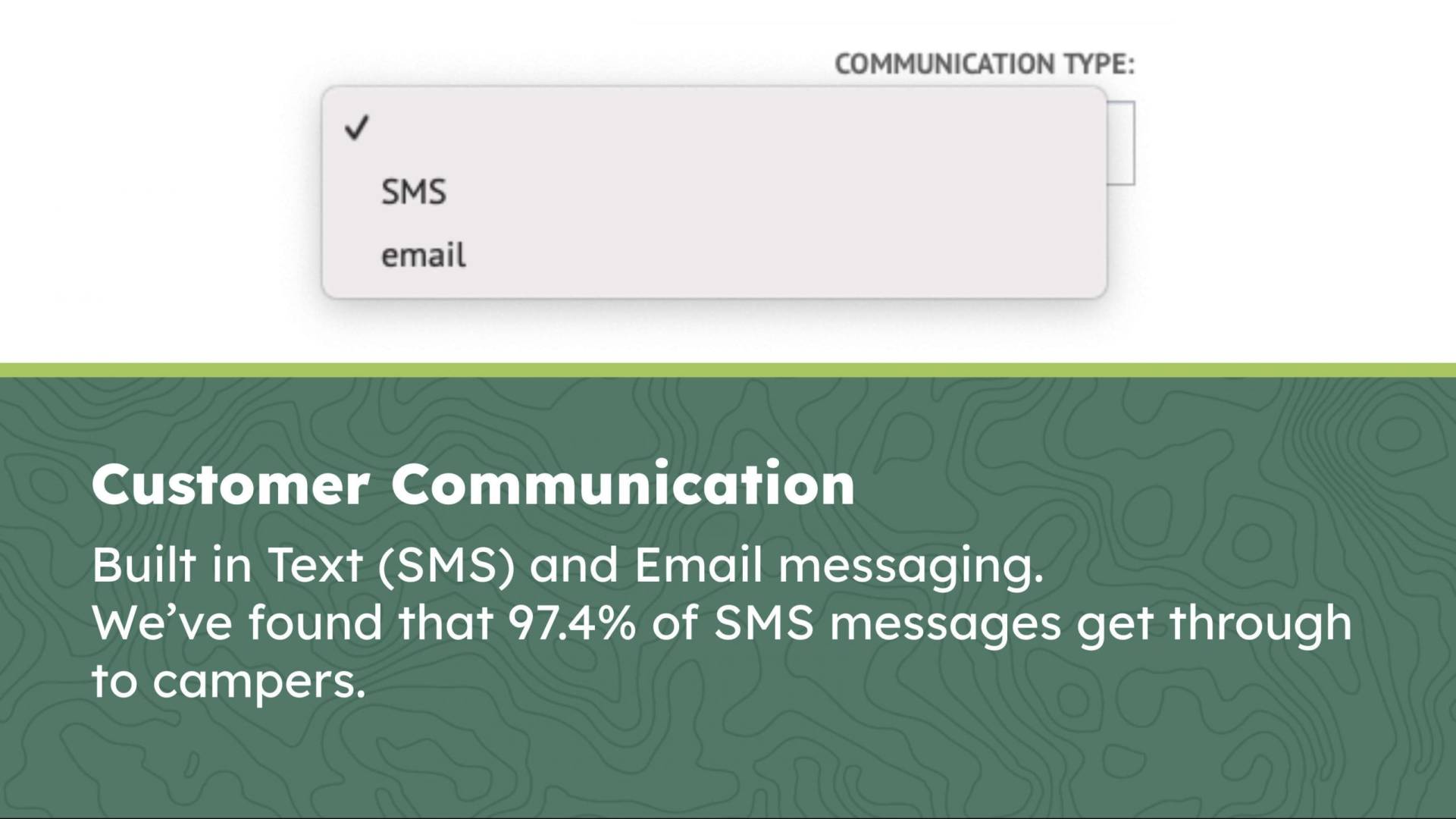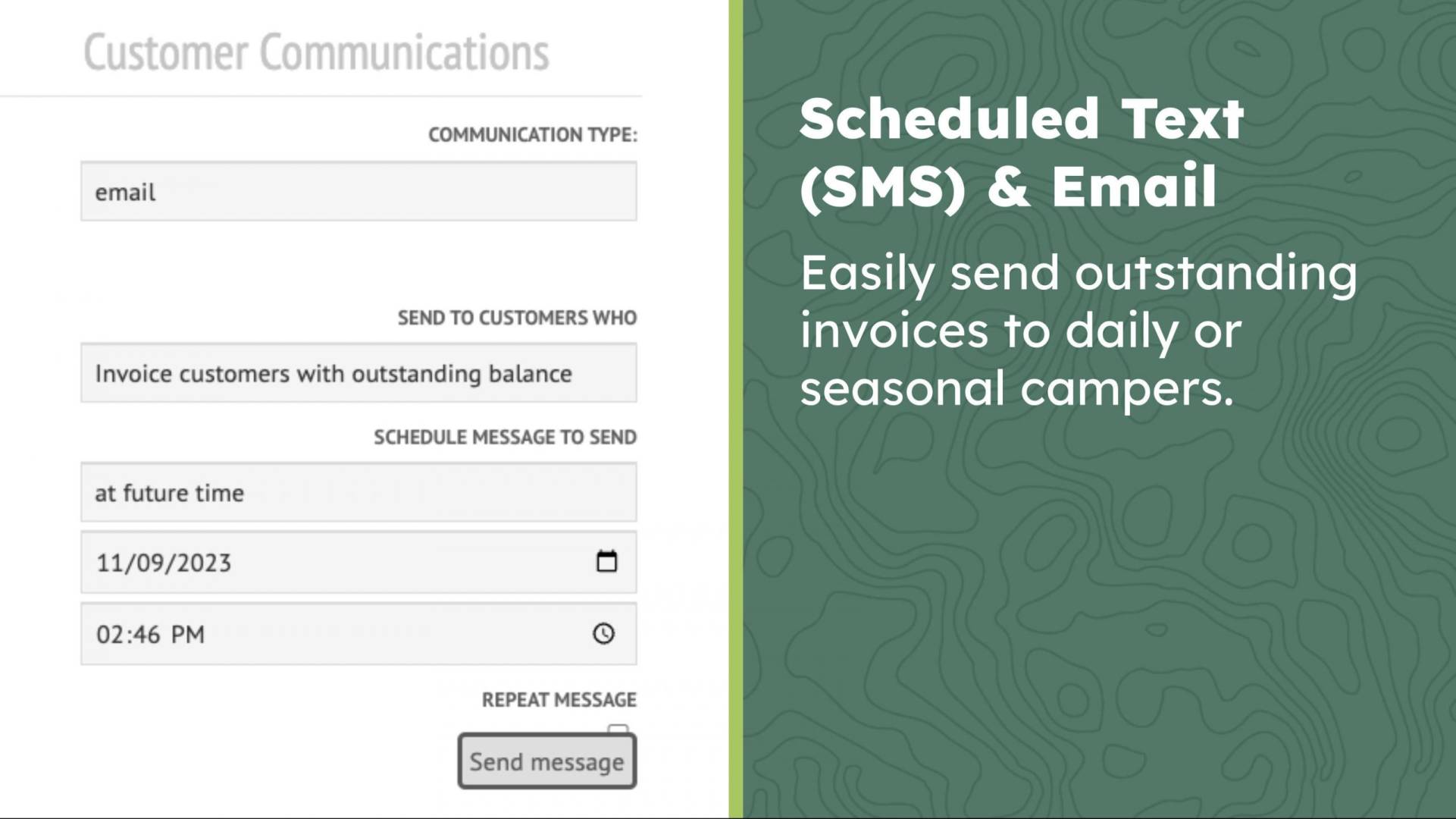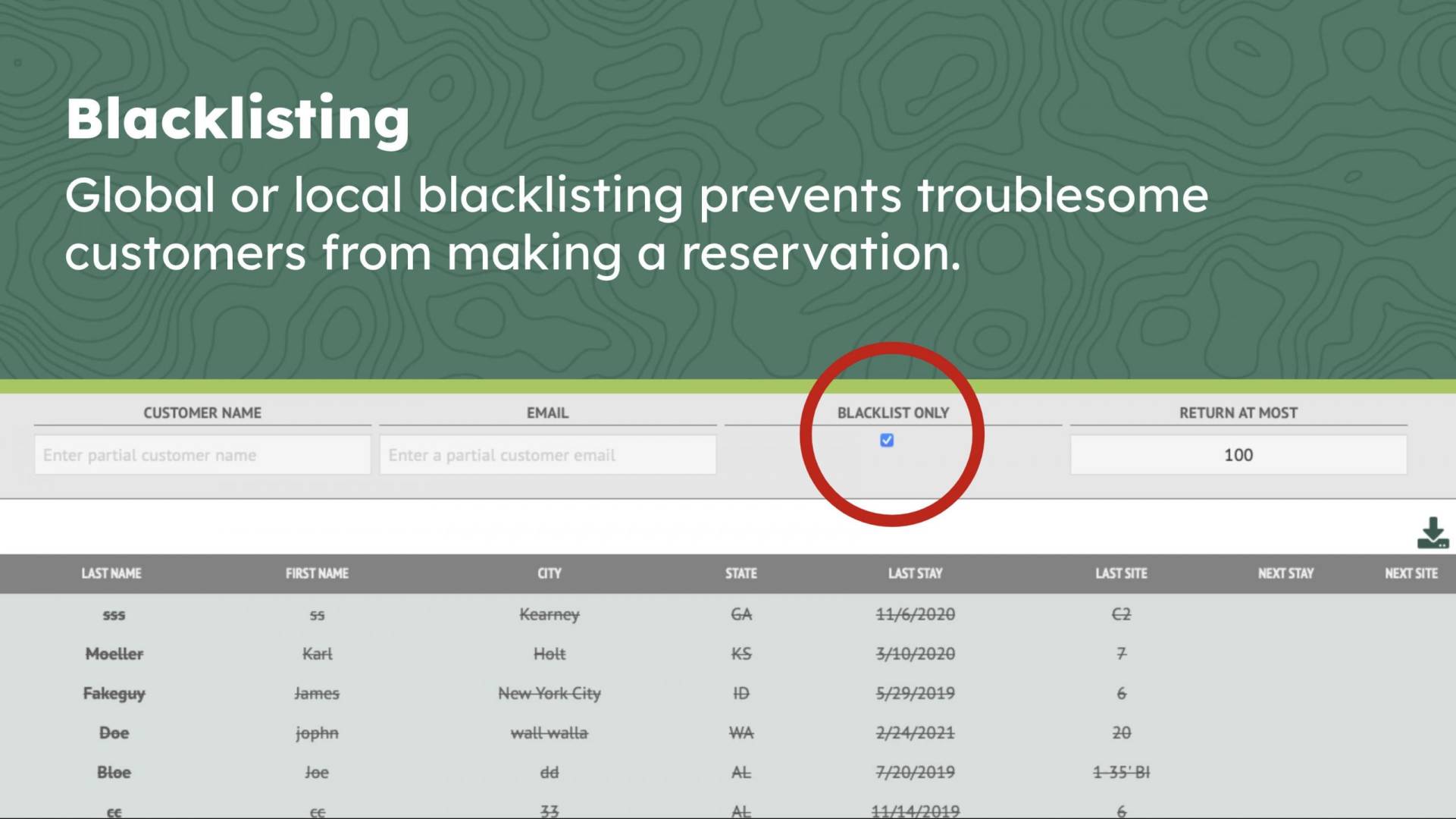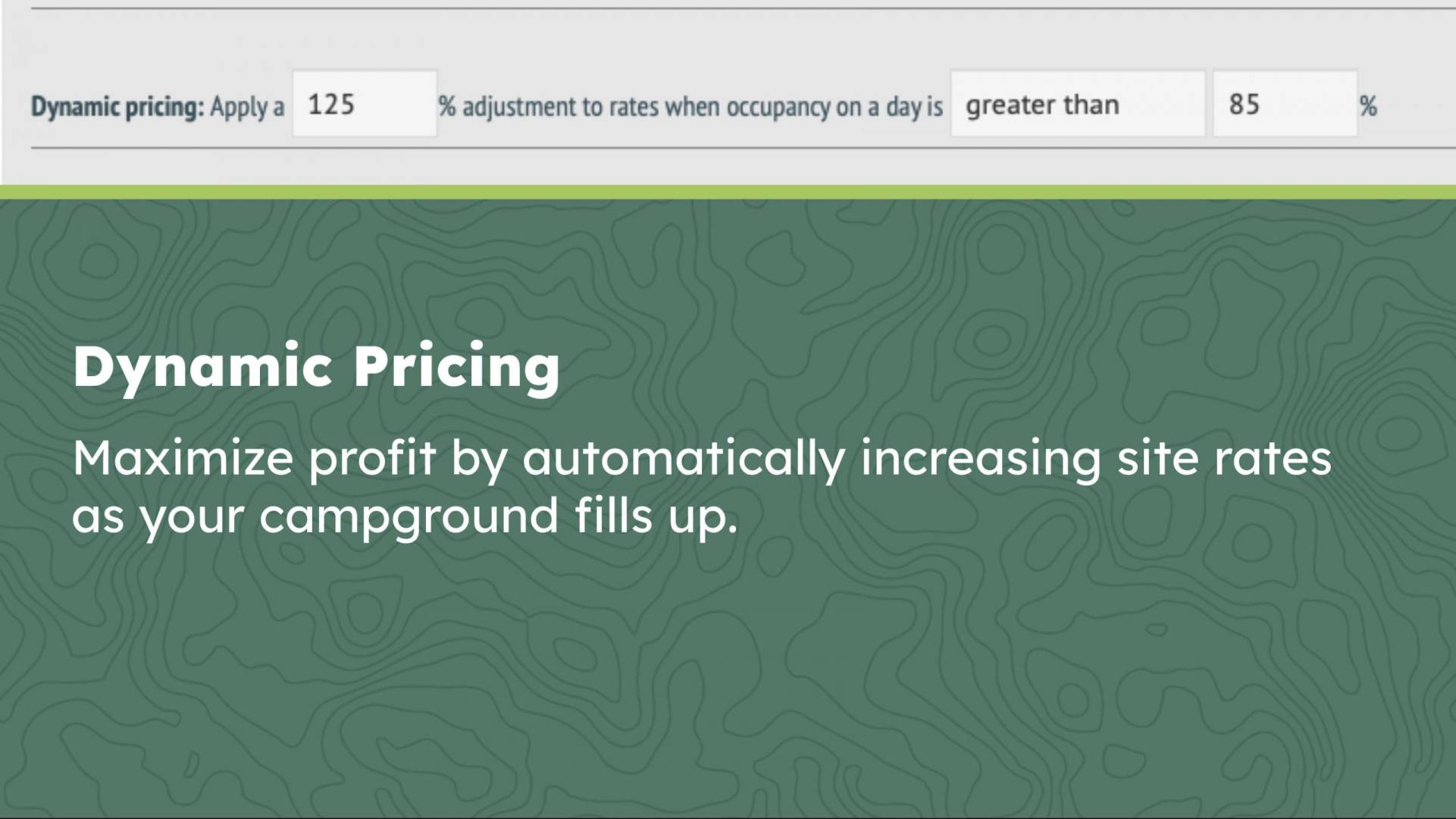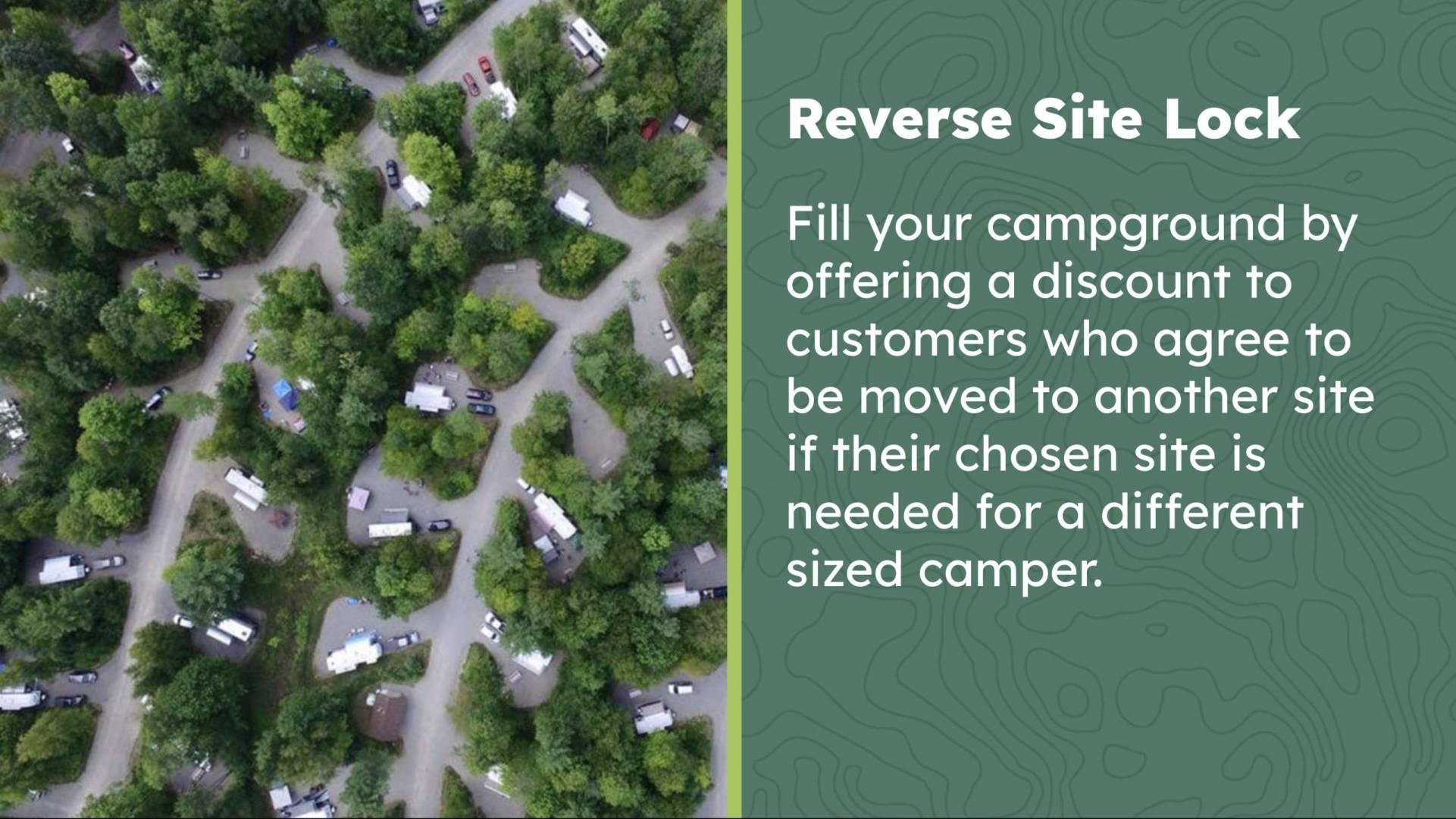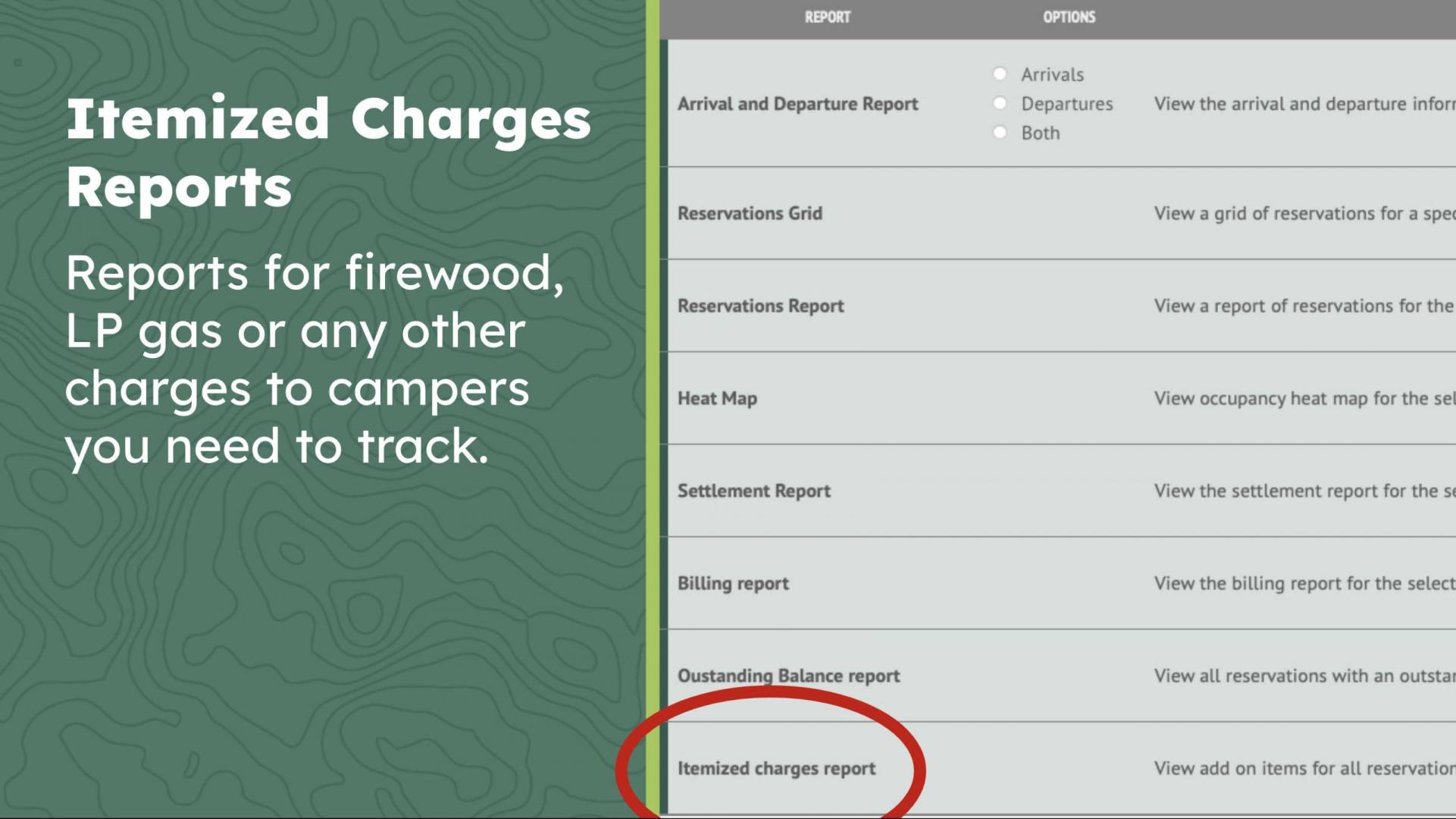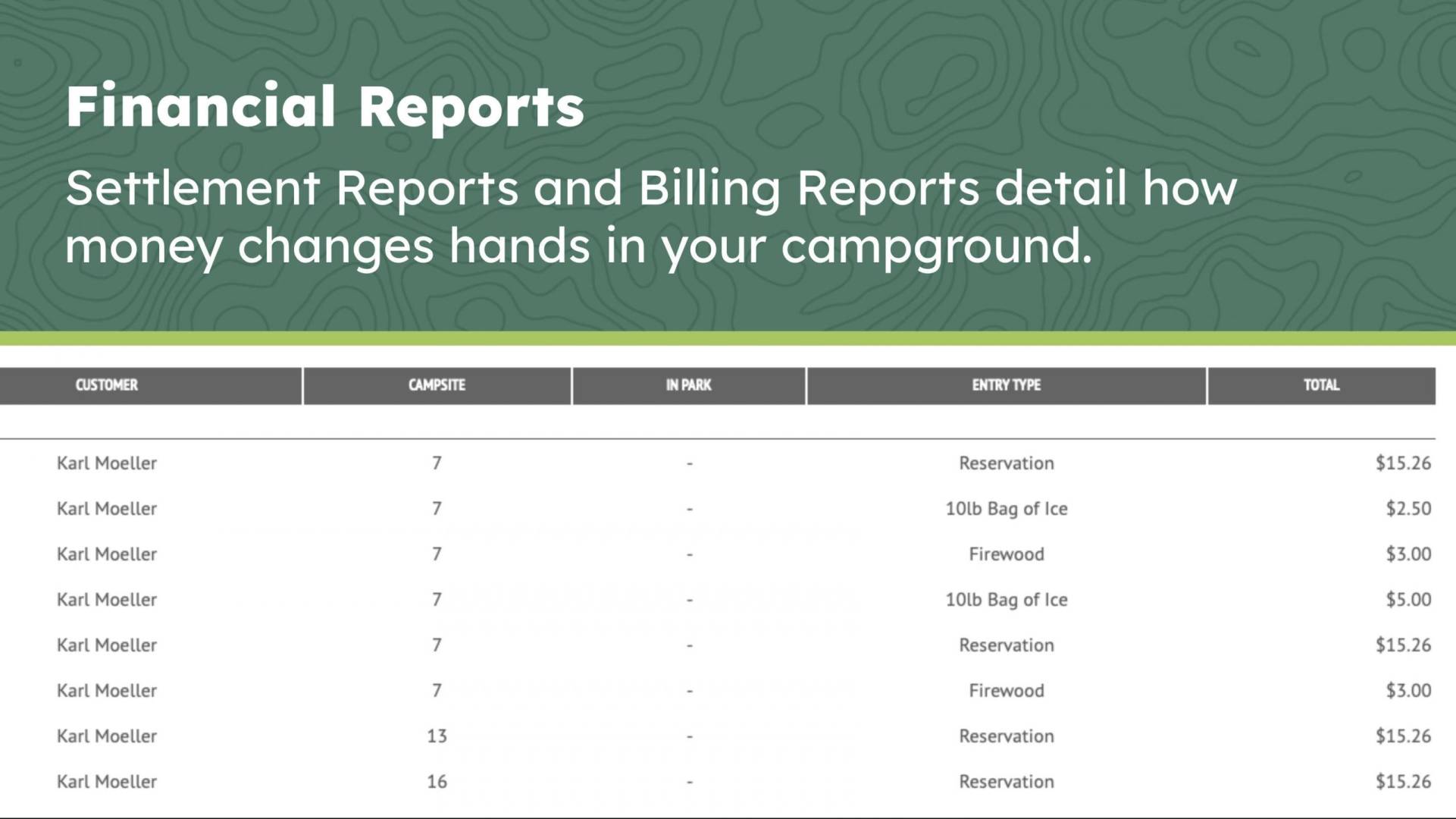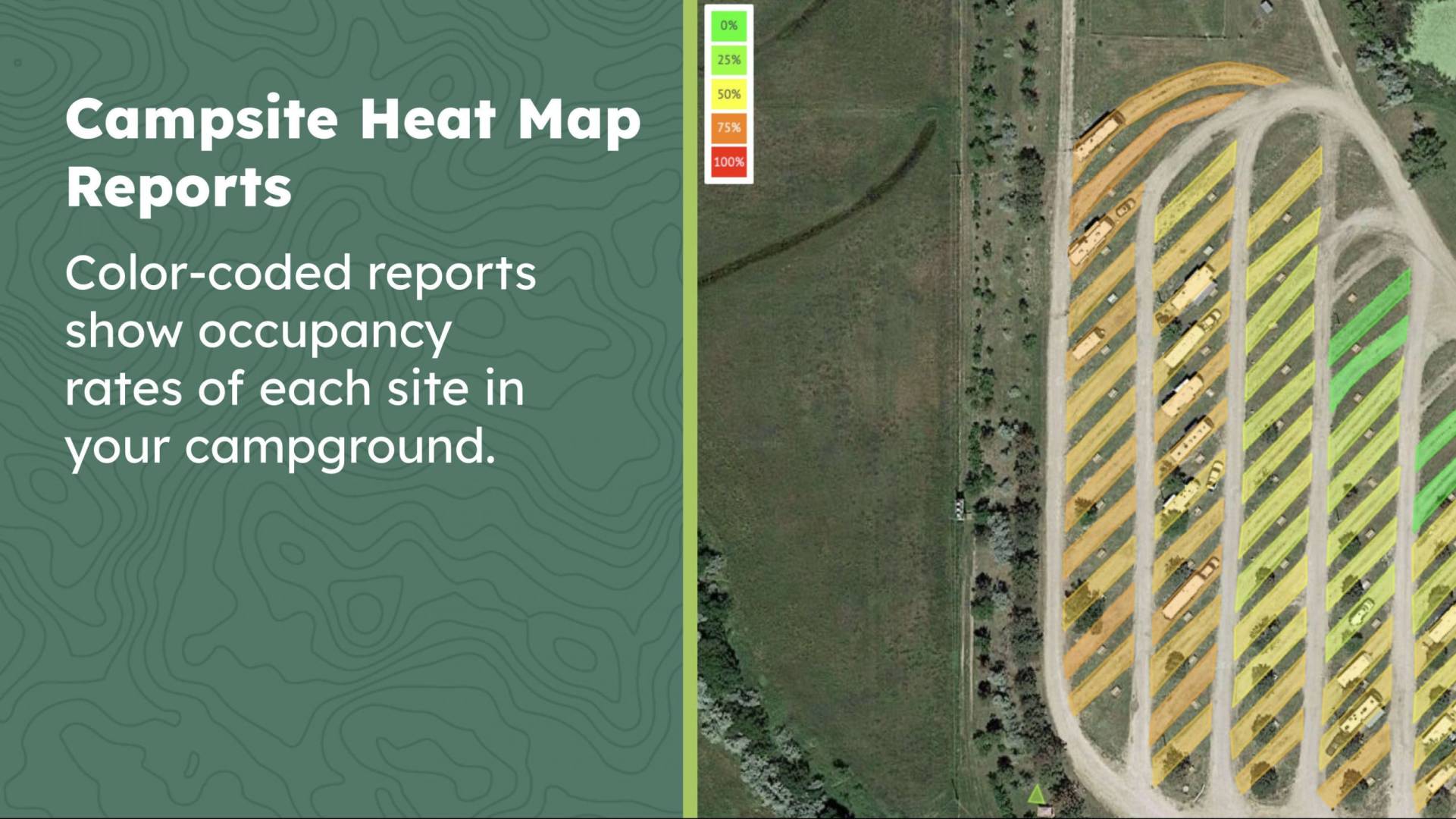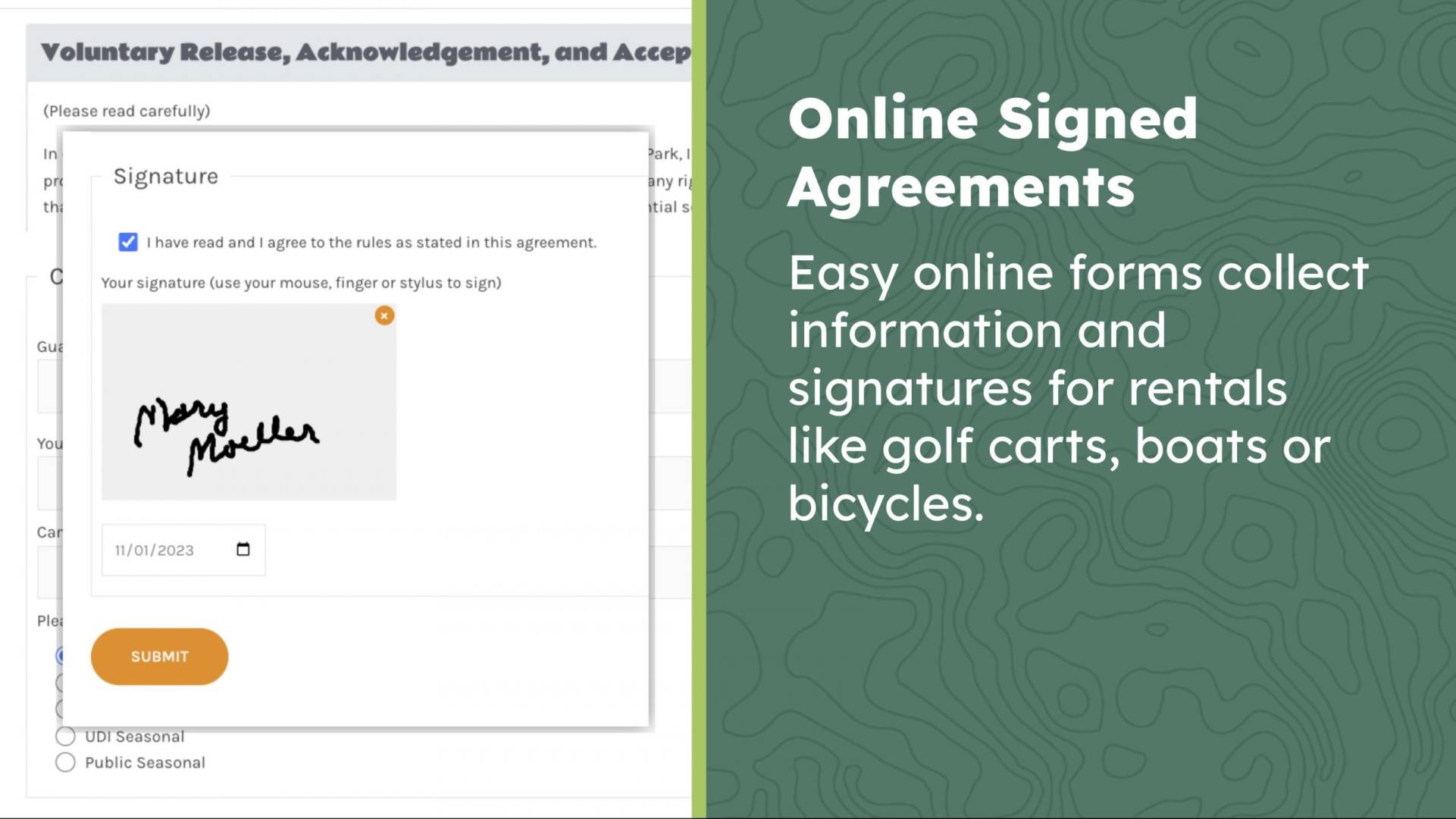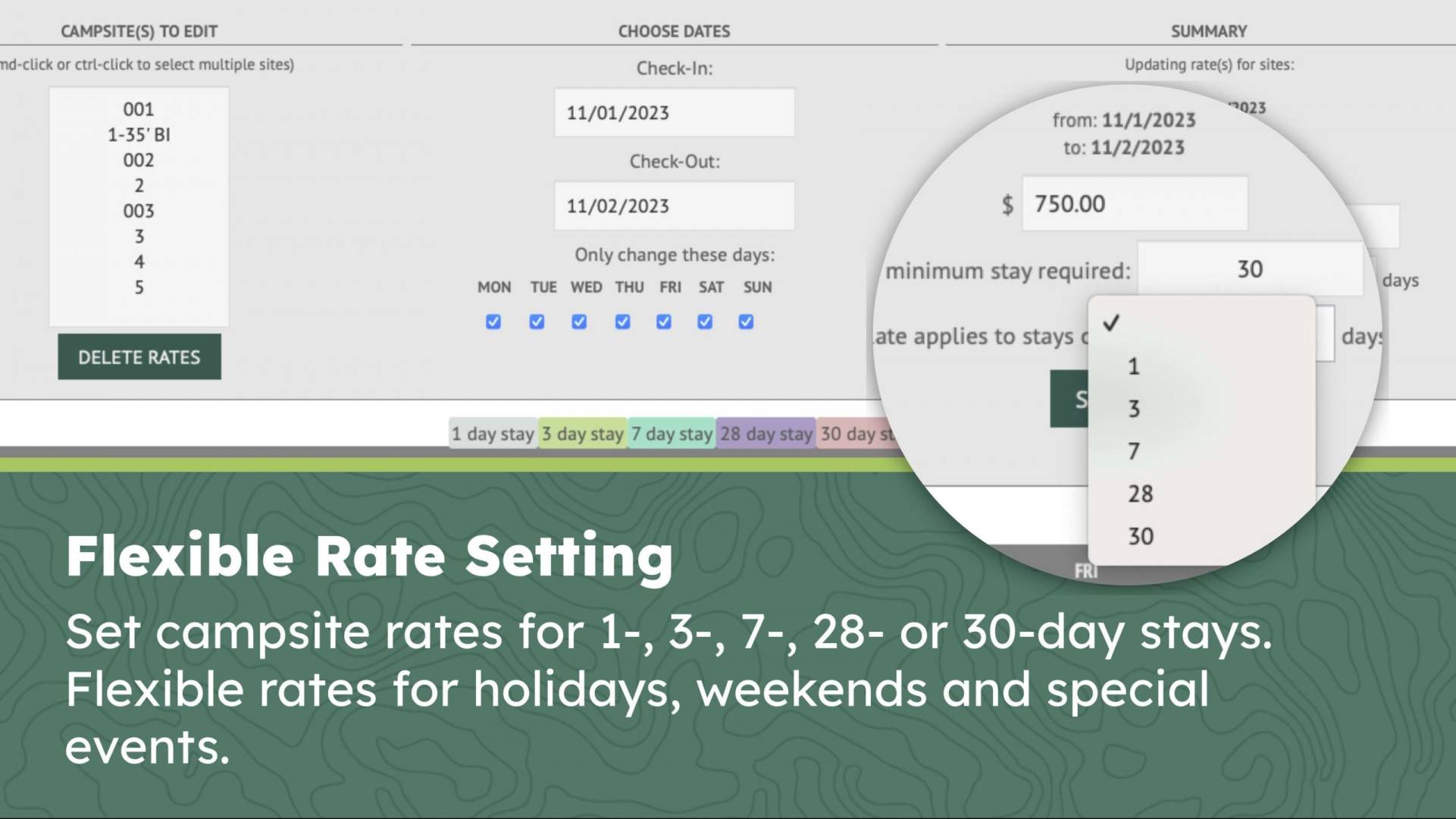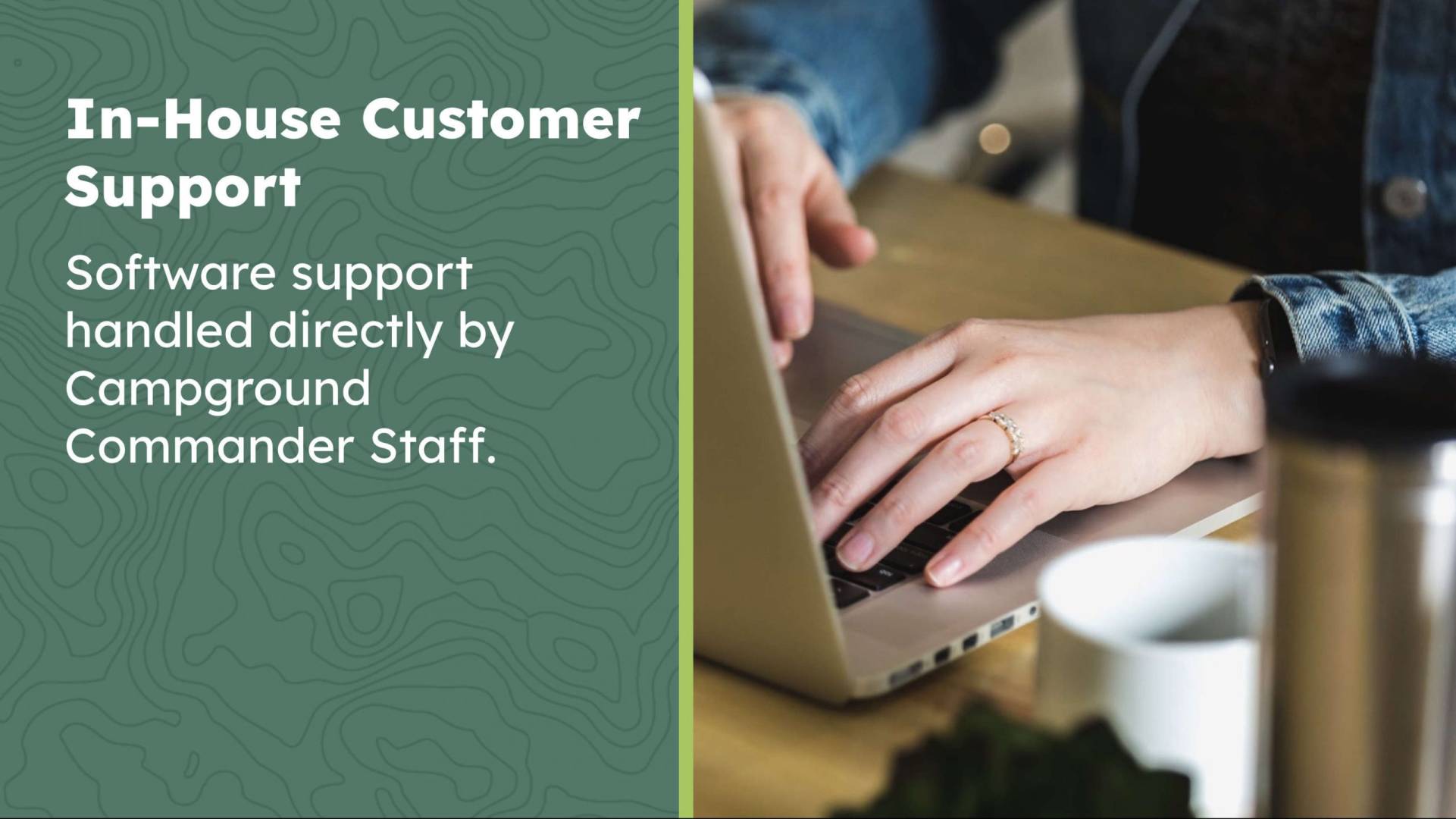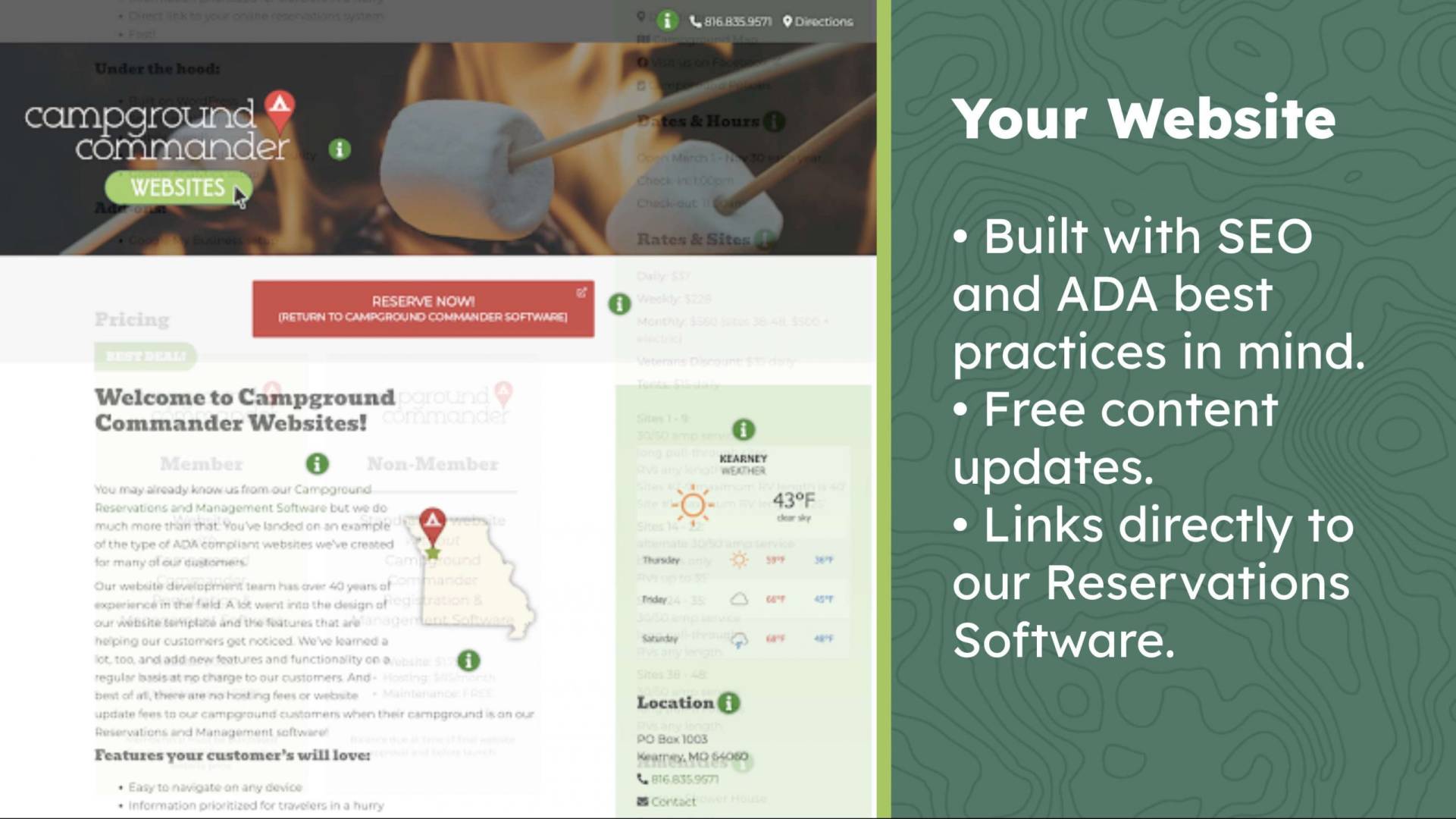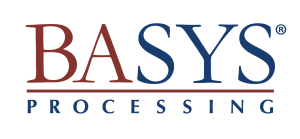Campground Commander, the leading campground management software integrates with Wild Energy (part 1). Mary Moeller, Campground Commander’s CEO was interviewed by Woodall’s Campground Magazine for their Supplier Showcase. Mary was joined by Mike Sorensen, president and CEO of Wild Energy.
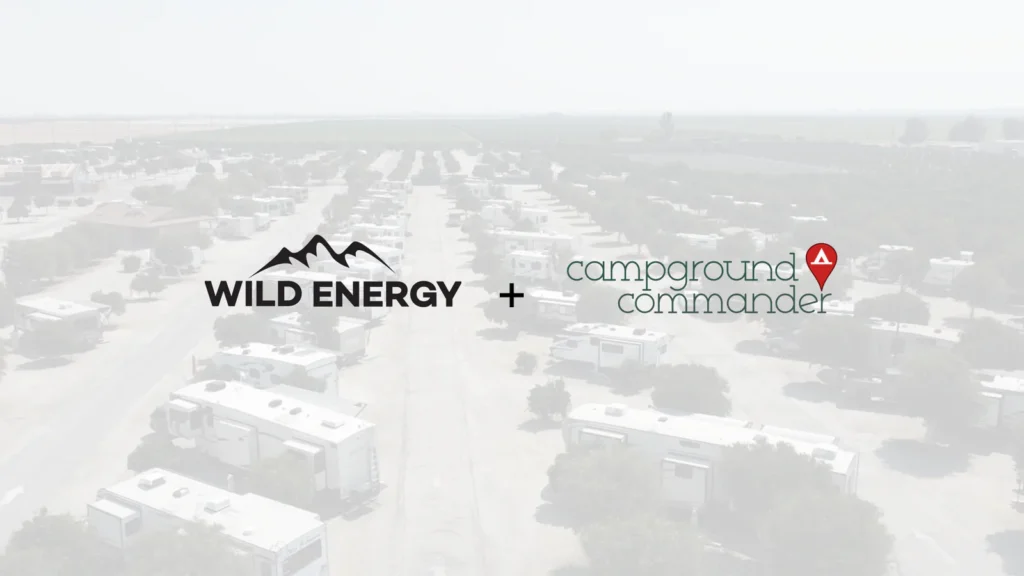
The topic of discussion in the video is the challenges that campgrounds and RV park owners face, their recent integration, and how their technology can help smaller family owned campgrounds succeed. We’ve included the highlights of the interview below, but you can also view the full interview on Woodall’s Campground Magazine YouTube channel.
Ben: “Hi, welcome to another edition of Suppliers Showcase. I am your host, Ben Quiggle, editor of Woodall’s Campground Magazine and my guests today are Mary Moeller, CEO of Campground Commander, which is a campground management system provider, and Mike Sorensen, president and CEO of Wild Energy, which is a smart metering company which specializes in metering campgrounds, so like metering electrical pedestals.
They’re on here together because they’re gonna be talking a little bit about some of the new partnership that they have going on. The first question before we get into the details of kind of that, technology integration, we wanted to kind of tackle some of the primary challenges that campgrounds are facing.”
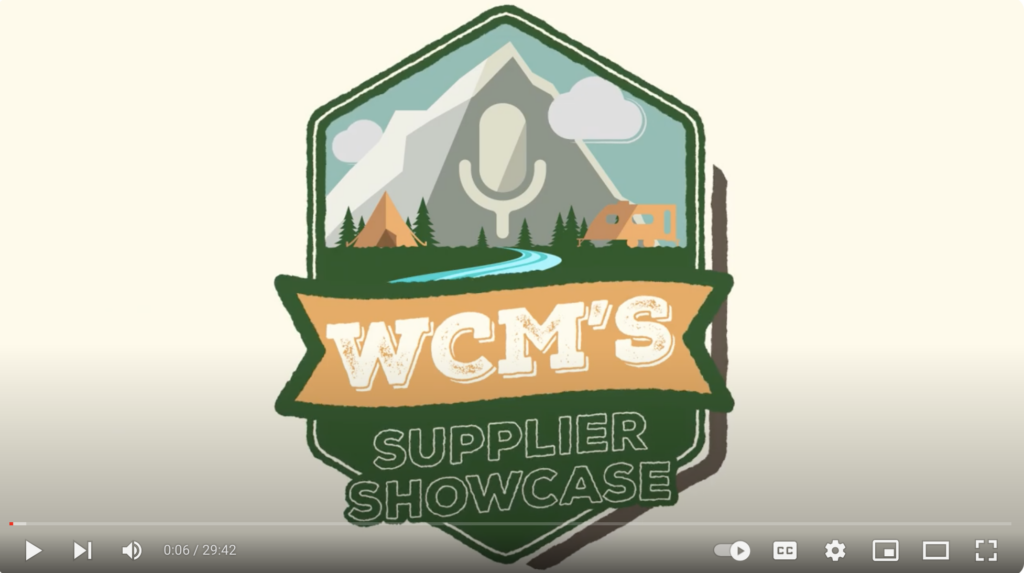
Mary: “The challenges of campgrounds is no different than any other business right now. You know we’re all up against the wall as far as where our monies are going. Campground Commander is an online reservation and campground management software. We focus primarily on family-owned campgrounds we have a number of city campgrounds on our software but primarily family-owned campgrounds. And family businesses we all know really take the hit much quicker than corporate business. So in visiting with our customers our campground customers over the past year or so we realized that is that our campgrounds and the family owned campgrounds oftentimes are not really keeping track of the amount of electricity that’s being used. And so that’s when Mike and I came together. Campground Commander and Wild Energy have partnered now so that any campground that really wants to make sure that they’re not losing money due to electrical bills can now have the opportunity.
The system is coordinated so that they can actually, through Campground Commander and Wild Energy, can actually measure the electricity now and invoice their customers for it. So, Mike, I’ll let you take it from here in just a little bit and explain a little bit more about what you guys do.”
Mike: “Yeah, I was going to jump back to Ben’s question. You know, it’s interesting. We when we got started, our initial customers were smaller, privately owned campgrounds, because, as Mary pointed out, they see the effects of energy rate increases and expenses hit them much quicker than the big ones. You know, when we work with big multi-property corporate enterprises, they could be losing a half million dollars and not even know it. But you take a small family-run campground or something smaller and they lose $5,000. It’s a big deal. So, you know, people ask us, well, how small are some of your customers? And we’re down to like 10 to 20 sites, I mean, because it matters. Recovering expenses matters to everybody.
And it improves your ROI and makes you just more operationally efficient. So, Ben, I would say the smaller campgrounds and the individual operators have their finger on the pennies much quicker.”
Mary: “Well, I was going to say, Mike, you know, to that, it’s kind of interesting because a lot of times smaller campgrounds will look at, the price and the cost because it is going to cost something if a campground decides to start measuring the electricity that their customers use. But what i think really needs to be looked at is what is the savings over time. So for instance, we are seasonal campsite or campers we’re only at the campground, probably 40% out of the year we keep our electricity up to about 84 degrees when we’re not there and we keep it at 78-80 degrees when we are there our electrical bill still runs and mike can speak to this even more because you’re one of them that measures it but our electrical bill still runs between 175 and 250 a month through the measurement; this campground actually measures electricity.
You take a look at that and if a smaller family-owned campground (the campground that we stay at or that we’re seasonals at is a hundred site campground so it’s not a big campground) but you start looking at that and if a family-owned campground (let’s say a 75 campsite or even 100 campsites, half of which are seasonals) are not measuring that, but they’re only charging what they think should cover it, they could really be losing a lot of money over a period of a season.”
Ben: “How do EVs play into this? Obviously, I think a couple years ago, people were panicking a little bit more in the industry over the EVs. Some of that hasn’t come to fruition as fast as I think people expected. And we see a lot of news reports now where people are actually, turning away to some degree from EVs at the moment because there’s just not enough charging stations. It’s interesting because AAA actually just added the cost of EV charging to their weekly gas reports that they do on gasoline costs. So that’s kind of interesting.
Is that something that you guys talk about with park owners quite a bit? Is that EV and how that impacts their costs as well?”
Mike: “Yeah, I’ll jump in on that one. It certainly was something that we talked a lot about in the industry, and people were getting worried about it. And I would say I still have a lot of those conversations. The adoption rate has slowed because we do measure it.
We do see them every day in parks all over the country, so they do pop up. Even in the parks that say no EV charging, you know, people walk out to the pedestal and plug them in at 11 o’clock. And you wouldn’t know that except in the data. We see it because we start seeing the immediate spike in the long-running charge. I think equally important, what people don’t realize, is a large Class A can pull as much as an EV. You know, we’ve seen Prevost with three air conditioners and the residential appliances pulling as much energy as an EV. So, you know, that’s as big of a concern as an EV, and we don’t talk about that.”
Mary: “And, Mike, couldn’t that be as much as hundreds per month for a seasonal camper, that large of a camper?”
Mike: “Weather plays plays the biggest part in the in the rates i would say. So if you’re in a climate that’s hot and people are running acs or you’re cold and they’re running heat. You’re absolutely right i mean we’ve seen bills probably as high as $700 a month. If you get down in the south in Texas, Alabama, Florida, and they’re running three air conditioners non-stop. Yeah it’s $700-800 in power alone. It’s the same in the north; we’ve got a few that run all year round for hunting,fishing, whatever. The heat will do the same thing, not as severe I would say $500-600 get on the high end in the winter with heat. Those are big bills and we do see them all over the place.”
Mary: “Simon, our son who is the developer of our software, is seasonal down at the campground also. He’s um he’s here probably 60 of the time, keeps his camper cooler than ours. It’s only a 36 foot camper or something like that. His bills during the summertime during the heat of the summer, run about $250 a month. That’s an awful lot of money to go through for electricity if it’s not being measured.
Ben: “Through your software you use at the parks and through what Wild Energy provides; just being able to monitor energy usage is key. I don’t know if very many park owners have been in the habit of monitoring energy usage. I heard a story about a bit coin miner that was generating a lot of electrical usage. Just being able to monitor something like that is that important.”
Mike: “We’ve seen all sorts of interesting things. The bit coin mining was in Kansas. We’ve seen people take commercial fryers, like from McDonalds and put a 50 amp plug and plug those in. We’ve caught a couple of fish frys.
You’d be surprised. Food trucks. Some parks allow vendors in with food trucks. We had one park that was allowing them to use electric for free and one of them was using $15,000 in electric. Those are expenses you don’t want to pass through; you want to be able to recover those. We see all sorts of goofy things in parks.”
Ben: “One of the other aspects of this, when I talk to park owners, is the transient sites. There’s a lot of people who will meter seasonals. How does it work when you’re looking at charging transient sites? I know a lot of people will just add it on to their campground fees. How do you meter a transient when they are only staying a day or two?”
Mary: “I’ll start out and I’ll let Mike complete it. For the software side of it, it can be automatic. When campers come into a nightly site, or a transient site, in the agreement that they sign, there should be language that allows the campground to charge the credit card that they used to reserve the site, for the amount of electricity that they’ve used.
That said, with our software, the campground can automatically send an invoice to the customer for the amount of electricity they’ve used. The customer can pay it through that invoice. The campground just clicks a little button that says “invoice customer for electricity” and the email automatically goes out.
And if the customer has already left, (I’m mentioning this because sometimes these are things that are forgotten to be added into the policy) but the policy should state that the campground reserves the right to charge their credit card for any additional fees for electricity. And Mike, I’ll let you take it from your side of it right now.”
Mike: “I would say that is the industry’s opportunity. You could not charge for short term stays previously. It was a labor problem. You couldn’t have someone run out and read a meter when someone checked in or checked out. It’s just not possible with the labor.
That’s what the technology advances allow you to do; is now start recapturing the costs for shorter term stays. That’s an industry shift. We are seeing people start charging for 7 days and longer stays. And you couldn’t do that without automation like the integration between Wild Energy and Campground Commander. Now that we have the integrations and partners like Campground Commander, now it’s possible. Now you can recover that cost.
And then some strategies are to also give them an allocation. So we’ve seen some parks say, okay, our normal allocation is 10 kilowatts a day. If you come in with an EV or you come in with a big rig, you know, you’re going to pay for an overage. You know, you’re using more than average. You’re using more than we’ve allowed. All right. And we built into our rate, so we’re going to bill you for that overage. And again, you couldn’t do that on the fly with a transient or a short-term stay without the integration between Wild Energy and Campground Commander. So that’s what technology now allows, and we are seeing an industry shift that will occur over time.”
Ben: “Do people, you know, expect, you know, is that a learning curve for campers, I guess, as far as expecting that kind of thing when they get to the campground, I guess? Is that on the part, probably, to communicate that as well?
Mike: “It is. The funny thing is it’s a learning curve for the operators. Consumers, surprisingly, are aware, you know, it’s not a surprise. They pay for electricity to home, and they know they don’t pay for their neighbors. So consumers are really aware. Every consumer I’ve talked to, and I’ve talked to hundreds now, when you explain,
‘hey, would you rather have the campground overcharge you for electric? Or pay what you use?’
It’s a no-brainer. Oh, I’d rather pay for what I’m actually using, you know, because once you explain the whole model that a campground has to overcharge to make sure they’re not losing money, then they get it. And they don’t want to pay for their neighbors. So if somebody does have a big rig or an EV, they don’t want to pay for that. Pretty simple consumer conversation. It’s the operator that’s afraid to rock the boat.”
The highlights from the video have been put into two posts (because of the length). If you found this interview interesting, don’t forget to read part 2!
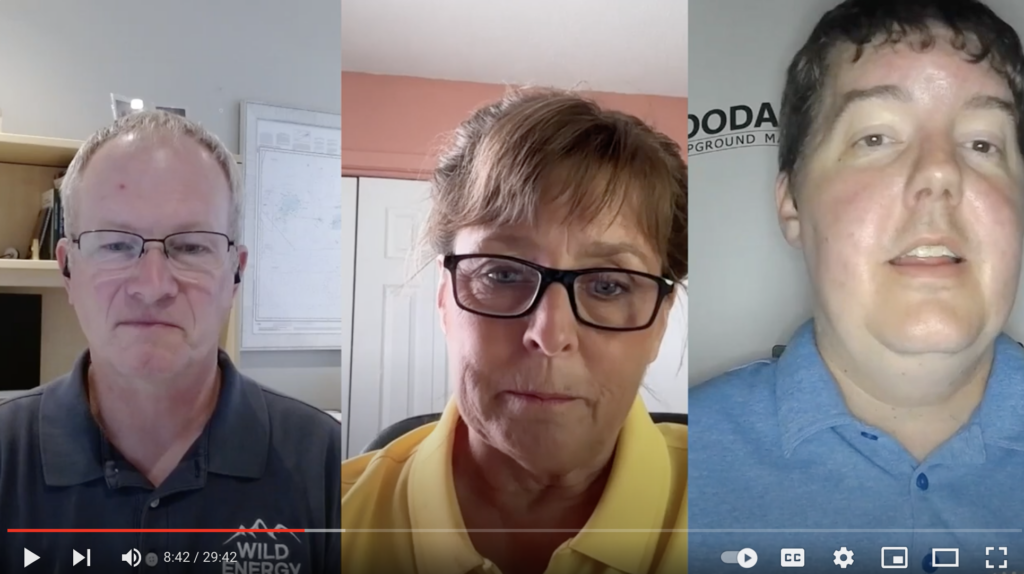
If you would like to learn more about Campground Commander, check out our “Features” webpage or join us on social media. We’re on Facebook and LinkedIn.
Note: this transcript was generated automatically and not guaranteed to be 100% accurate.
